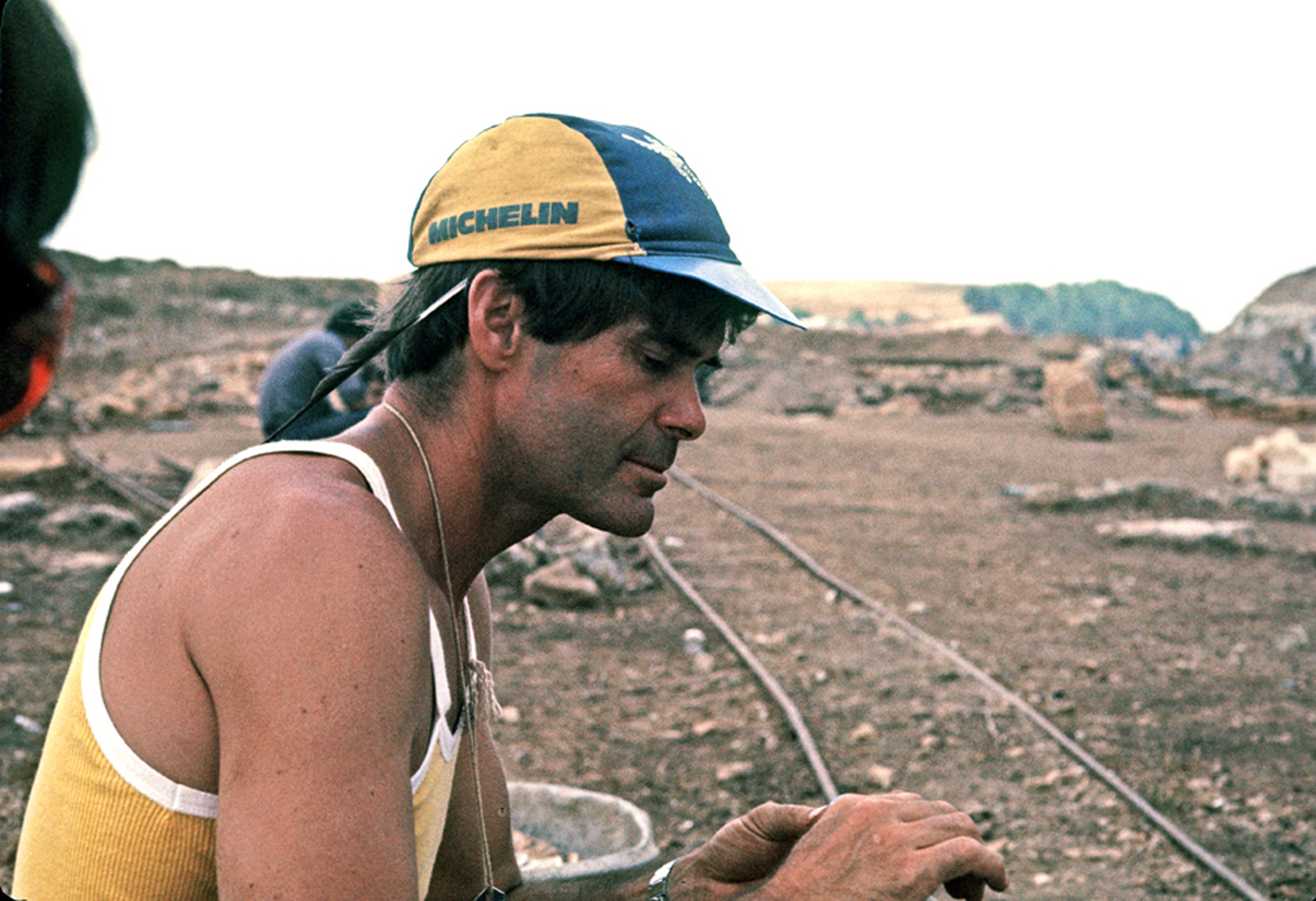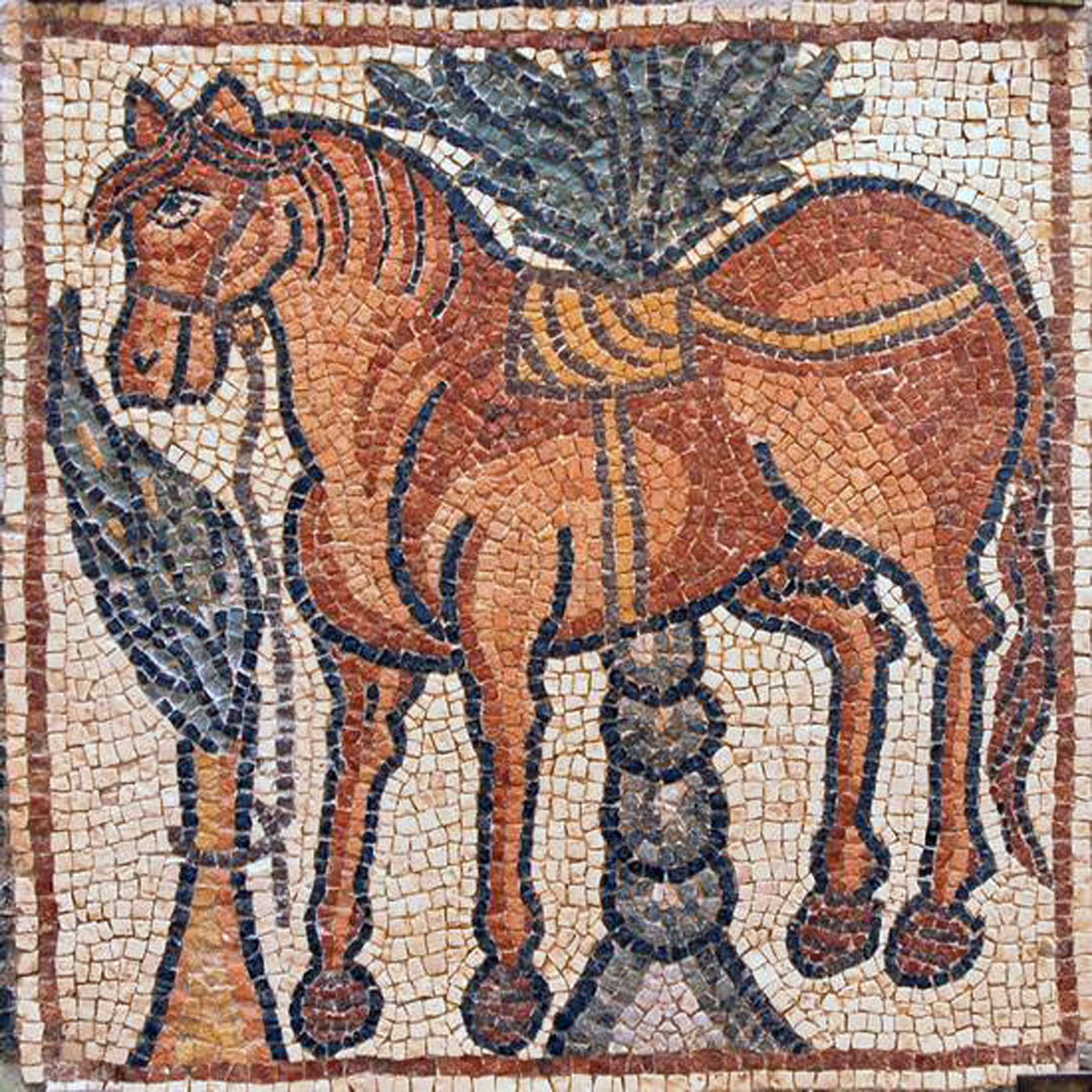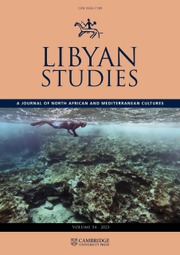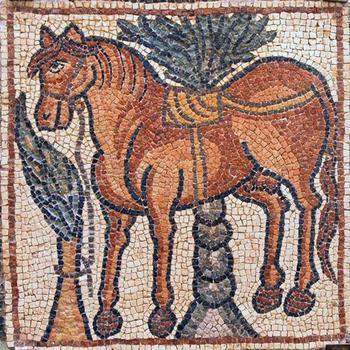Donald White, Professor of Classical Archaeology at the University of Pennsylvania and Curator in Charge of the University of Pennsylvania Museum's Mediterranean Section for over thirty years, died on 21 November 2018 of injuries sustained in a car accident.
Donald was a consummate field archaeologist who will be remembered for his work in Libya and Egypt. Working in the pre-computer age, his emphasis on careful stratigraphic recording, extensive use of documentary photography and finely detailed archaeological plans, as well as prompt publication made his well-equipped projects exceptional for their time. He treated his excavations as an extended classroom where all members of his excavation team were given pedagogic attention – graduate students, Department of Antiquities personnel, and young local workers – inspiring some of the latter to become archaeologists and for all to remember him as a remarkable archaeologist and an inspiring project director.
Donald studied Classics at Harvard (B.A. 1957). While at Harvard, he developed a passion for rowing. He rowed competitively at Harvard and continued to row competitively well into his 50s both in Philadelphia and at Oxford when a visiting scholar at Wolfson College. He spent six months in the US Army before enrolling in Princeton University's Classical Archaeology programme. As a graduate student, he worked at Princeton's excavation project at Morgantina and completed a Ph.D. on the introduction and spread of Demeter's cult in Sicily.
Donald taught at the University of Michigan from 1963 to 1973. In 1964, at the invitation of Richard Goodchild, then Controller of Antiquities for the Cyrenaica, he began excavations in Apollonia, the port city of Cyrene, paying special attention to the fortifications of the city. In 1966, he helped Goodchild to publish the favissa of Archaic materials found during the building of a post office in New Shahat. In 1967, the outbreak of the Six-Day War forced him and his team to evacuate the country. He returned to Libya in 1968 and at the suggestion of Richard Goodchild began excavations in 1969 of a promising site in the Wadi bel Gadir, Cyrene. These excavations, which lasted from 1969–1981 (1969–1971 for the University of Michigan and thereafter for the University of Pennsylvania Museum) uncovered the lower terraces and part of the upper ones of an Extramural Sanctuary for Demeter and Persephone (floruit ca. 630 BC to AD 262). This work was abruptly suspended in 1981 when diplomatic relations ended between the United States and Libya. For 23 years, unable to return to Libya, Donald concentrated on publishing the Extramural Sanctuary excavations. As editor of the final series, he oversaw the publication of five multi-authored monographs, wrote three volumes of his own for the final series, as well as publishing over 70 articles on Libyan archaeology.
In 1984, he began a new project close to the Libyan border on the northwest coast of Egypt. His three seasons of work on Bates's Island, located in a salt-water lagoon near the Egyptian city of Marsa Matruh (ancient Greek Paraitonion), revealed a Late Bronze Age settlement. This work was published in two volumes and demonstrated that the site was an important western distribution point along the southern Mediterranean coastline for Minoan, Mycenaean and Cypriot Late Bronze age pottery.
Beginning in 1990 and lasting until his retirement in 2004, Donald oversaw a major re-installment of the Greek, Etruscan and Roman galleries at the University of Pennsylvania Museum. His retirement from Penn in January 2004 ironically coincided with the official announcement that diplomatic relations between Libya and the United States were to resume. Plans were immediately begun for him to return to Libya in the summer of 2004 to inspect his old excavation and to meet old friends. That trip was one of the happiest events of his professional career. He was greeted warmly by former colleagues and site workers, who shared many happy memories of their work with the American Mission.
Donald loved all animals and had a special fondness for horses. In his retirement, he wrote a book on the history of the horse in North Africa which will be published posthumously.

Figure 1. Donald White at the Wadi bel Gadir in 1977 (photo: Susan Kane).

Figure 2. A horse mosaic from Qasr Libya (photo: Dr Khaled Elhadder).
Despite many setbacks to his archaeological work due to politics beyond his control, especially his inability to return to an unfinished project for 23 years, Donald maintained his strong love for Libya. He had a remarkable determination to see the work he accomplished there, no matter how incomplete, published in the best possible fashion. When asked at the time of retirement to sum up his career, he replied, in characteristically understated fashion, that his professional life had taken him on a ‘bumpy but consistent road’ to a ‘uniquely interesting but never boring’ part of the world.






